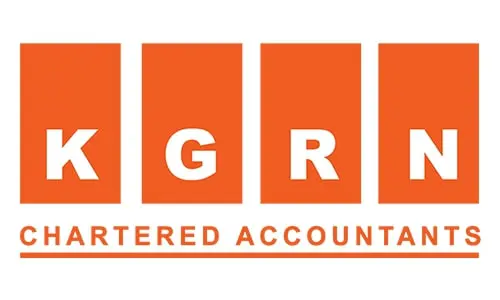Overview
Federal Decree-Law No. 47 of 2022 on Corporations and Businesses (“Corporate Tax Law”) was issued on 3 October 2022 and published on 10 October 2022 in Issue #737 of the Official Gazette of the United Arab Emirates (“UAE”).
The Corporate Tax Law establishes the legal framework for the imposition of a federal tax on corporations and business earnings (“Corporate Tax”) in the UAE.
The provisions of the Corporate Tax Law will be applicable to Tax Periods beginning on or after June 1, 2023.
The goal of this guide
This guide is intended to provide broad guidance on the UAE Transfer Pricing system in order to make the terms of the Transfer Pricing legislation as understandable to readers as feasible. It delivers the following information to readers:
– an introduction of Transfer Pricing regulations and procedures, including the determination of associated Party transactions, whether transactions are done at Arm’s Length, and other associated compliance needs, such as Transfer Pricing documentation; and
Providing help with the most typical questions that businesses may have in order to decrease uncertainties for Taxable Persons in respect to the implementation and application of the Corporate Tax Law’s Transfer Pricing rules.
Who should read this manual?
This guide should be read by any legal or natural person interested in learning more about the UAE’s Transfer Pricing framework. It is designed to be studied in connection with the Corporate Tax Law, implementing judgements, and other relevant FTA guidelines.
A Brief Overview of Transfer Pricing
Transfer Pricing is the pricing of transactions between Related Parties or Connected Persons, and it has grown in importance as a result of globalization and cross-border trade activity by businesses. Because of the importance of Transfer Pricing, many countries have passed Transfer Pricing legislation. Organisations such as the OECD and the United Nations (“UN”) have issued thorough Transfer Pricing rules outlining how to control transactions between Related Parties from a tax standpoint, as well as required documentation standards.
While a Group’s Transfer Pricing policy may not have an overall impact on its consolidated profits, the pricing of its Controlled Transactions may result in tax underpayment in one or more jurisdictions. Transactions and arrangements between Group entities, in particular, can be used to artificially shift earnings from Group entities in higher tax countries to Group entities in lower tax jurisdictions, and from high-tax entities to low or no-tax entities, resulting in a lower total tax burden for the Group.
To avoid such pricing distortions, tax authorities may examine the prices of transactions involving Related Parties or Connected Persons to determine if the transactions were priced at Market Value. If a transaction is not found to be indicative of the Market Value or Arm’s Length Price, tax authorities may perform a Transfer Pricing adjustment.
For MNE Groups operating in various jurisdictions, such changes may result in double taxation. The Mutual Agreement Procedure (“MAP”) clause in Double Tax Agreements, on the other hand, permits competent authorities in partner jurisdictions to cooperate in order to resolve international tax disputes involving cases of double taxation where the same profits have been taxed in two jurisdictions. The MAP method seeks to prevent double taxation by negotiating an arm’s length stance acceptable to both competent authorities. This procedure will be described in further detail in separate advice.
To reduce the risk of audits and double taxation, Taxable Persons should ensure that the transfer price between the parties is at arm’s length (i.e. as if they were independent parties negotiating freely) and maintain supporting Transfer Pricing documentation when transacting with Related Parties or Connected Persons.
In the UAE, transfer pricing restrictions apply not only to MNE Groups, but also to any transactions or arrangements with Related Parties or Connected Persons in domestic groups. All of these transactions must adhere to the arm’s length concept. Furthermore, transactions exceeding the materiality criterion must be handled through an FTA.
For more details and clarifications on transfer pricing, Download this comprehensive guide on Transfer Pricing, Click to download
…..
Related Posts







